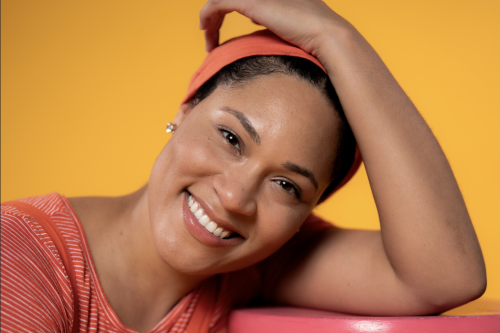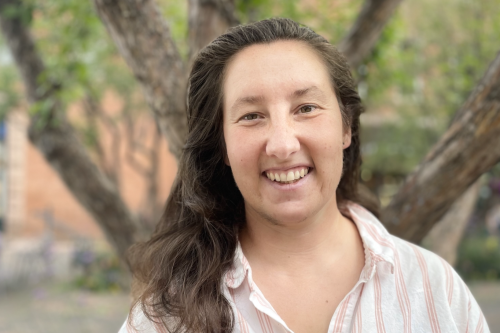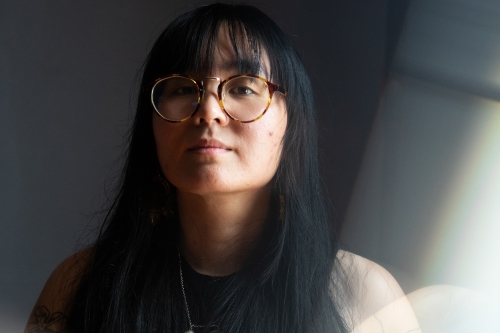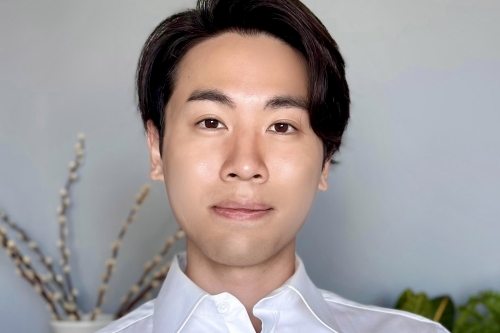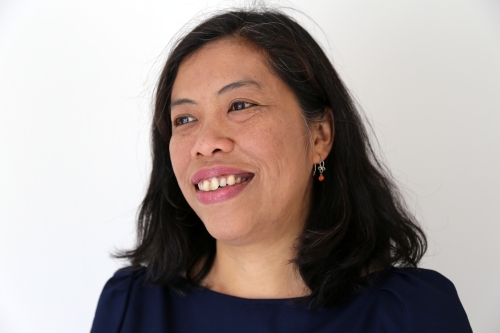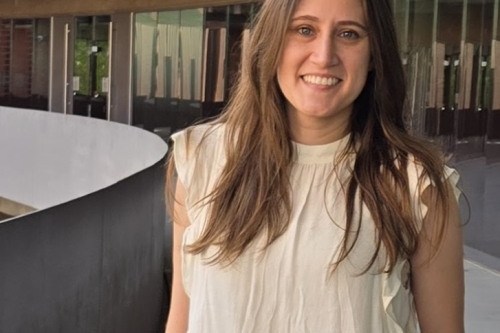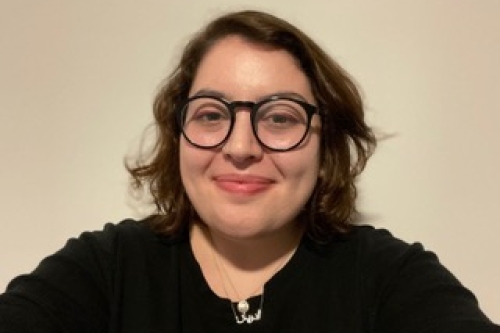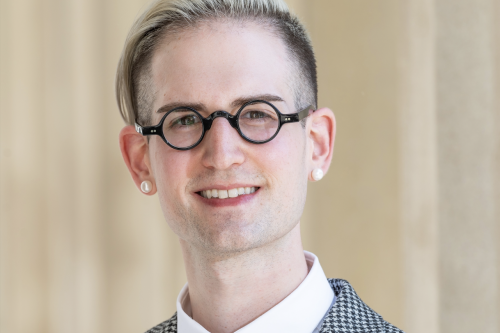Yunina Barbour-Payne
Yunina Barbour-Payne is a multidisciplinary scholar/artist and Rising Scholar Postdoctoral Fellow in the Department of Drama. Her interdisciplinary work encompasses Africana, Appalachian, and Performance studies. Her research and creative practice focus on Black women’s performance activism, with a particular emphasis on artists connected to the Appalachian region.
Initially trained as an actor, Barbour-Payne is also a National Endowment for the Humanities scholar in Shakespeare and performance. Barbour-Payne earned her Ph.D. in Performance as Public Practice from the University of Texas at Austin, an M.A. in Performance Studies from Texas A&M University, and a B.A. in Integrated Studies from Northern Kentucky University.
Her scholarship is featured in Appalachia Revisited: New Perspectives on Place, Tradition, and Progress (University of Kentucky Press, 2016). She is the founder of The Affrilachian Memory Plays (AMP), a performative inquiry that highlights the experiences of people of color in Appalachia. Her research and teaching have been supported by the Donald D. Harrington Fellowship Society and showcased at esteemed venues, including the George Washington Carver Museum and Cultural Center and the National Underground Railroad Freedom Center.
 Provost
Provost
